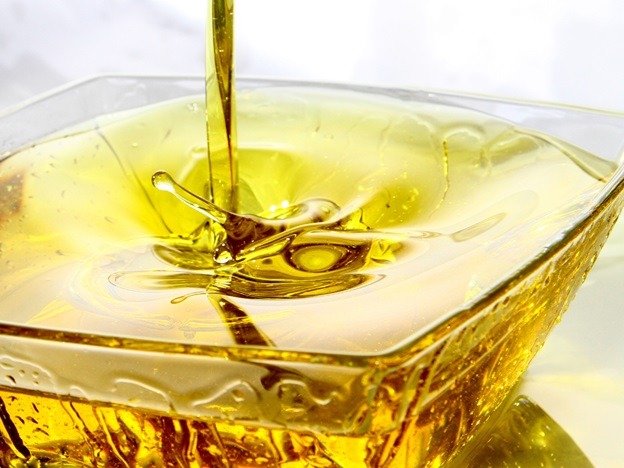After deep frying the chicken to perfection, it can be tempting to dump the used oil down your kitchen sink. Technically, cooking oil is still liquid, so you probably think that pouring it down the drain should not cause any problems.
Not really.
The truth is that throwing cooking oil down the sink carries several serious consequences – having a hefty bill for your plumbing declogging costs is just one of them.
Cooking Oil and Your Kitchen Sink
Many people don’t realize the damage that grease and oil can do to their kitchen sinks. The two can actually block your drainage system and cause severe damage to your plumbing.
Because of its viscosity, cooking oil can easily coat your pipes, consequently causing them to become clogged. This will have adverse effects not only on your own plumbing system but on your city’s sewage lines.
Reasons Cooking Oil Should Not Go Down the Drain
Below are the reasons you should not let cooking oil go down your kitchen sink.
1. Cooking oil can stick to your water pipes.
Butter, coconut oil, and bacon fat are all in liquid form at room temperature, but they turn solid when cooled. Meanwhile, a Colorado Springs plumber said hot grease remains liquid even after pouring it down the sink but will solidify and stick to the pipes once it cools. Anything heavier than water can get stuck under your sink. In the short-term, stuck oil and food particles can produce foul odors.
2. Cooking oil can cause sewage backups.
Plumbers advise against pouring olive and canola oils down the sink. These are hydrophobic, meaning they don’t mix well in water and can end up coating your pipes. They can also bind with food particles and fats from table scraps and other debris to clog your drains. Ultimately, these oils will cause water from your sewers to back up into your pipes.
3. Cooking oil can lead to costly kitchen sink repairs.
An old wives’ tale says that when cooking oil is flushed down the sink, you should follow this up with hot water and dish soap. It is believed to help oil travel down the pipes, preventing it from solidifying or thickening.
The technique is not as effective as many would want to believe. It is because anything heavier than water, especially oil, can stick to the U-bend of your kitchen plumbing. Even if you pour oil down the sink only once a week, it has residuals that can create a thicker coating or a larger solid block that will eventually cause pipe damage. If you continue doing this, the damage can reach your kitchen sink, leading to expensive repairs.
4. Cooking oil can damage your city’s entire sewer system.
If grease or oil makes it to the sewer line, it can deposit chemicals, especially when it binds with other substances, such as sodium, calcium, and food particles that have found their way to the sewers. These can stick to the sewer walls and form what is called a “fatberg,” which can block the flow of wastewater.
Only professionals can get rid of fatbergs. Typically, they will use high-pressure water jets to dissolve the matter so sewer flow can resume.
How to Dispose of Oil Properly
Correct cooking oil disposal helps avoid clogged pipes, sewage buildups, and environmental damage. In this regard, it is essential that you observe the following:
1. Cooking oil can be thrown away along with other household waste.
Store used oil in a separate container, ensuring it is already at room temperature. Seal the container tightly and place it in your food waste box. Alternatively, cooking oil can be frozen for 24 hours inside a durable container. Once frozen, this can be thrown away as garbage.
2. Get in touch with a company that handles hazardous waste.
Several hazardous waste disposal companies in your city should offer multi-benefit services. If they accept frozen and used cooking oil for disposal, get the details on how your item can be picked up or how you can drop this off.
3. Use a grease disposal system for your used cooking oil.
Grease disposal systems are available in grease-specific kits. These can effectively hold two pounds of grease and allow you to place the oil in a sealed container.
4. Mix your cooking oil with other waste materials.
Turn cooking oil into solid form by combining this with other absorbent materials like sand, flour, sawdust, and cat litter. Once it becomes solid, you can dispose of the oil as usual.
Key Takeaway
Many people think that cooking oil is just like other liquid substances you can safely dump down the kitchen sink. This is not true because cooking oil is unlike other liquids. It has certain properties that can harm your drainage system, resulting in clogged pipes.
Given this, it’s better to throw away used cooking oil like regular garbage. It just needs to be frozen and placed inside a sealed container before dumping into the trash bin. There are several other ways of disposing of cooking oil, but never through the kitchen sink unless you want to have problems with your plumbing.

